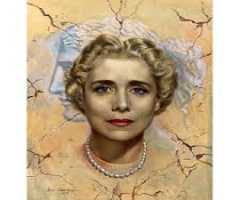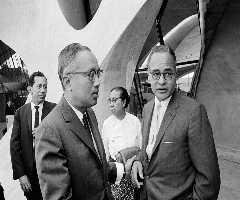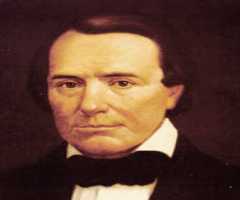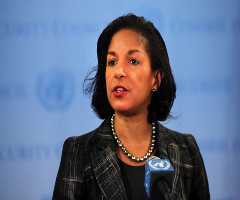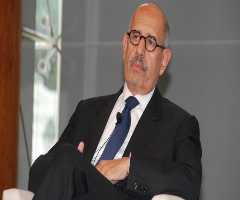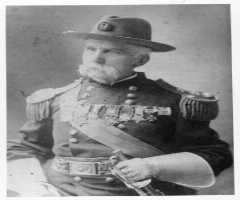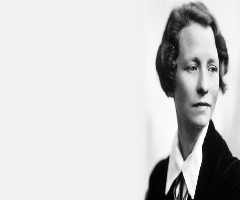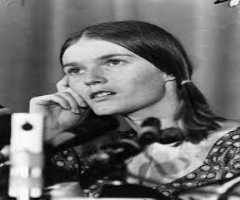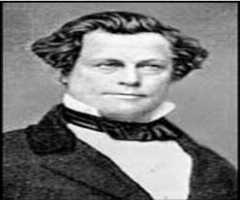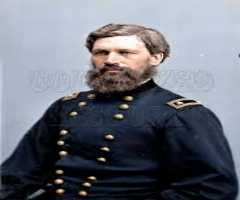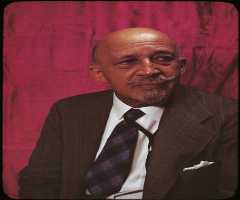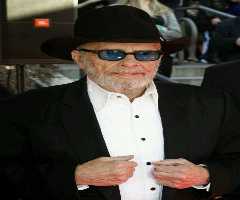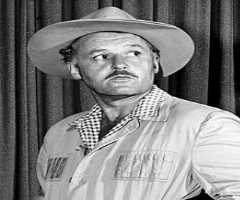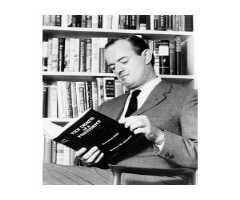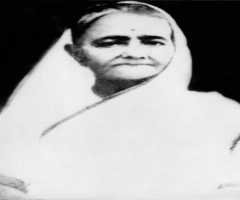Rufus King Biography, Life, Interesting Facts
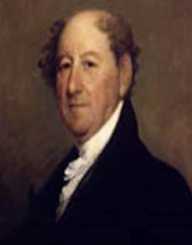
Birthday :
Died On :
Also Known For :
Birth Place :
Scarborough, Maine, United States of America
Zodiac Sign :
Rufus King was born 24th March 1755, to Richard and Isabella King. He was born in Scarborough, Massachusetts, in British America, now in the state of Maine. His father was a successful businessman. He was a merchant, farmer, lumberman and sea captain. Richard had made a fortune by 1755, which made many of his neighbors jealous, and in 1765 when the Stamp Act was invoked, their house was looted, and most of the furniture destroyed when rioting took place.
King studied at Dummer Academy, and then went on to Harvard College, from where he graduated in 1777. In 1778 he left his study to volunteer for militia duty in the American Revolutionary War. He returned to his study afterwards, and in 1780 he was admitted to the bar.
Career
After being admitted to the bar, Rufus King started his legal practice in Newburyport, Massachusetts. In 1783, he was elected to the Massachusetts General Court and remained there for two years. From 1784 to 1787, he attended the Confederation Congress on behalf of Massachusetts.
In 1787, King went to Philadelphia to attend the Constitutional Convention. He was considered one of the most capable speakers, and he held one of the most prominent positions. King worked on two committees – the Committee of Postponed Matters, and the Committee of Style and Arrangement.
He worked with the likes of William Samuel Johnson, James Madison, Gouverneur Morris, and Alexander Hamilton in preparing a final draft of the United States Constitution. The constitution was signed on 17th September, and each state was required to sign it.
After returning home to Massachusetts, Rufus King got the support of the merchants and politicians, and Massachusetts became the sixth state to ratify and sign the constitution. He had enjoyed his political experience working at the Constitution Convention to such an extent, that he closed his legal practice in 1788, and moved to Gotham in New York to join the political arena.
Shortly after, encouraged by Hamilton, he moved to New York City. He was elected to the New York State Assembly in 1789. He was then elected as Senator from New York. In 1795, he was re-elected, but in 1796 he resigned to become U.S. Minister to Great Britain, appointed by George Washington. In 1803 when Thomas Jefferson was president, King’s position was not renewed.
Rufus King returned to local politics, but he had no success over the next few years. He continued to try and ran for Governor of New York in 1816 but lost. The Federalists were falling apart by this time, but King still ran for the presidential nominee on the Federalists ticket. When the Democratic Republicans split, it left a vacant seat on the Senate. Both factions supported King, however, so he took the position in April 1820 and served in the Senate until March 1825.
He continued his opposition to slavery and gave an impassioned speech as to why Missouri, as a slave state, should not be admitted. When John Quincy Adams won the Presidency, King was once again offered the position of Minister to Great Britain. After only a few months he had to return home as his health was failing. Shortly after, he retired from public life.
Diplomatic Relations
From 1796 to 1803, and from 1825 to 1826, Rufus King was also a diplomat. He was Minister to the Court of St. James maintaining a good relationship between the U.S. and Britain.
King’s Library and Legacy
Rufus King had approximately 2,200 titles in his library, in 3,500 volumes. When he died in 1827, his library was inherited by his son, John Alsop King. When John Alsop King died in 1867, the books went the Dr. Charles Ray King, John’s son.
In 1906, they were donated to the New York Historical Society, and most of them are still there.
Awards, Honors, and Other Business
1805: Elected a Fellow of the American Academy of Arts and Sciences
1814: Elected a member of the American Antiquarian Society
King was also a Director of the First Bank of the United States.
Personal
In 1786, Rufus King married Mary Alsop. She came from a prominent family in New York, with her father being a successful merchant. The couple had seven children, five of whom survived to adulthood.
King died on 29th April 1827.
The home he bought in 1805, called King Manor, has now become a museum and is open to the public. It is situated in King Park in Queens.
More Diplomats
More People From Maine
-
![Joshua Chamberlain]()
Joshua Chamberlain
-
![Patrick Dempsey]()
Patrick Dempsey
-
![Edna St. Vincent Millay]()
Edna St. Vincent Millay
-
![Linda Kasabian]()
Linda Kasabian
-
![Elijah Lovejoy]()
Elijah Lovejoy
-
![Oliver Otis Howard]()
Oliver Otis Howard
